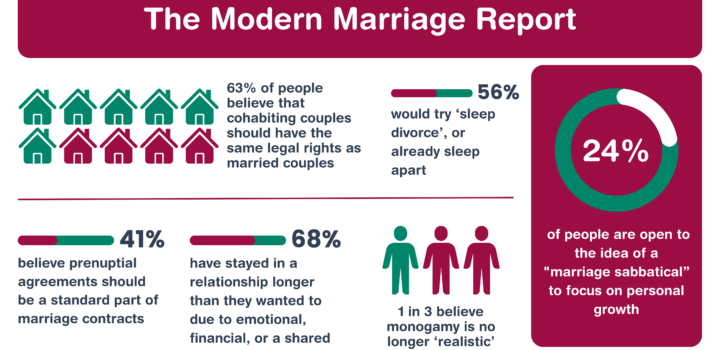The decision to commence divorce proceedings or formally separate is dependent on the circumstances of the parties together with their beliefs as well as the needs of the family. In this blog, we discuss the differences between divorce and separation.
What is separation?
Separation can be an appropriate middle ground in lieu of divorce or dissolution. It does not extinguish the marriage but allows parties to live separately. Living separately is not necessarily physical and could involve remaining in the same house but leading distinct lives from each other (for example, sleeping in different rooms and structuring your social lives independently).
What are separation agreements?
Separation agreements are written agreements between parties that document the terms of the separation. The notion is that the agreement will address a variety of aspects such as financial provisions, the division of assets and child arrangements. Parties enter such agreements upon the understanding that they intend to be bound by its terms, albeit not legally bound.
It is beneficial to instruct a solicitor to advise upon and draft the agreement correctly. If divorce and financial proceedings are subsequently issued following separation, the court may consider the separation agreement as a ‘contract’ that can be challenged.
What are the different types of separation agreements?
Trial separation
A trial separation allows couples to test out a temporary means of being apart and requires no legal involvement. It acts as a “cooling off period”, allowing parties to reflect on their relationship and obtain clarity on the way forward.
Permanent separation
This is when at least one party has decided that reconciliation is no longer an option and there is to be a complete and final break in the relationship.
Legal separation
This is also known as ‘judicial separation’ and allows parties to formalise a separation whilst remaining legally married. A court order will be granted to reflect this. Neither party will be able to remarry but remain financially attached to each other.
What is the difference between separation and divorce?
Separation offers flexibility and is generally a quicker process. It suits those whose religious, cultural, or moral beliefs oppose divorce. Although it does not formally end the marriage, some couples will opt to separate due to the tax and financial benefits. A divorce (and subsequent financial proceedings) formally extinguishes any legal ties between parties. Following divorce, parties are free to remarry, and a binding financial order can be obtained, allowing parties to achieve independence.
At Rayden Solicitors, we are able to advise you on the implications of separation and divorce. Our team of expert solicitors can assist you in relation to separation agreements, the divorce process, and other ways in which you can safeguard yourself.
Please do not hesitate to contact us to discuss further.
















